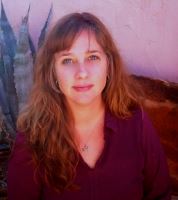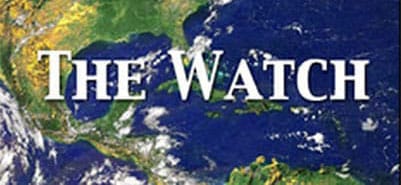Using Nature’s Notebook to Teach Science and Climate Change
Observation is a critical skill for scientific investigation. By making and recording regular observations in nature through time we can better understand how species in our ecosystems are responding to seasonal change and to long-term climatic changes. Some of the most observable natural things are recurring life cycle events in plants and animals (phenology). Often, we are already tuned in to these events simply by being aware of what is happening outside at any given time. This webinar introduces the topic of phenology, how to use it as a teaching tool in formal and non-formal settings, and as a lens to the natural world. You’ll see how to capture nature observations in Nature’s Notebook, the plant and animal phenology observation program from the USA National Phenology Network, how to implement a long-term monitoring program at your site or school, and how Nature’s Notebook aligns with the Next Generation Science Standards. Participation in Nature’s Notebook enhances national research programs used for better understanding of climate change. We’ll discuss how to collaborate among formal and non-formal educators to build a local dataset valuable for asking and answering meaningful science questions with your students, and offer an opportunity for you to develop a project of your own to share.

As the Education Coordinator for the USA National Phenology Network, LoriAnne Barnett (lorianne@usanpn.org) designs curriculum focused on the science of phenology and the Nature's Notebook professional and citizen science program. Over the last two decades she has taught youth and adults the importance of place and connection to the natural world. LoriAnne holds a B.A. in Environmental Studies from Shippensburg University in Pennsylvania and a M.A. in Environmental Science and Environmental Education from Prescott College in Arizona. She has served as Virginia Cooperative Extension 4-H Faculty, led workshops on leadership development, Wilderness First Aid and Safety, and is an advocate for citizen science, education and stewardship of the land.
Education
Webinar Archives Education ResourcesStewardship
Supporting Stewardship Past Projects Focus Area Resources Applying for Funding
Search Education
Get Social
Last updated: 06/16/24
Author: NOAA
How to cite this article
